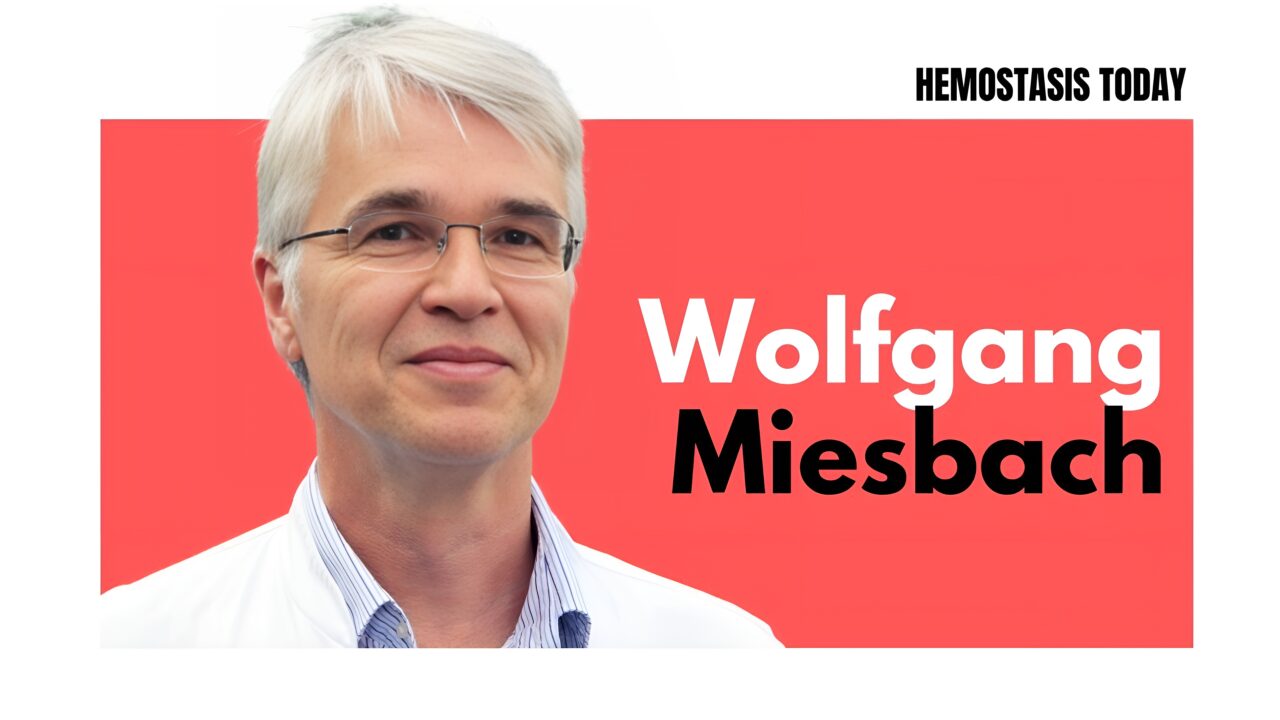
Wolfgang Miesbach on Frailty in Hemophilia: New Data Shows 3x Higher Risk
Wolfgang Miesbach, Professor of Medicine at Frankfurt University Hospital, shared a proud post on Linkedin:
“Frailty in Haemophilia: A Hidden Challenge for Aging Patients.
New research reveals a concerning trend: People with haemophilia (PWH) face significantly higher rates of frailty compared to the general population—nearly 3x higher in those over 65.
Alarming frailty rates:
PWH aged 50-64: 17% have frailty vs. expected ~5%
PWH aged ≥65: 29% have frailty vs. 10% general population
This means PWH are aging like they’re 15+ years older
The ‘premature aging’ effect:
30% annual fall rate in PWH (~age 40)
Equivalent to general population >75 years
58% experience polypharmacy vs 45% in peers
The Geriatric Topics Affecting PWH:
- Falls and Immobility – chronic joint damage creates mechanical instability
- Cognitive Concerns – potential links to cerebral microbleeds under investigation
- Functional Incontinence – arthropathy limits timely toilet access
- Medication Overload – complex regimens for multiple conditions
Clinical Game-Changers:
- Clinical Frailty Scale screening to be recommended for all PWH >50
- Comprehensive Geriatric Assessment proven to reverse/slow frailty
- Novel care pathways needed: physiotherapy, occupational therapy, pharmacy optimization
This research highlights the urgent need for age-appropriate care pathways in haemophilia treatment centers. As our PWH population lives longer thanks to better treatments, we must address the unique challenges of aging with a bleeding disorder.”
Amazing review by Wolfgang Miesbach, read the full article here.
Title: Frailty and frailty syndromes in persons with haemophilia: a review
Authors: William McKeown, Stephanie Taylor, Susan Shapiro

Stay informed with Hemostasis Today.
-
Feb 23, 2026, 13:53Rare Diseases, Plasma-Derived Medicines and the Elephant in the Room – Part 1
-
Feb 23, 2026, 13:02Deepak Yadav: What 2025 Evidence Tells Us About Stroke Care
-
Feb 23, 2026, 12:55Radoslaw Kaczmarek: Will AAV Gene Therapy for Hemophilia Trigger Tumorigenesis?
-
Feb 23, 2026, 12:46Heghine Khachatryan: More Granular Risk Stratification Framework for PE from The New 2026 AHA/ACC Guideline
-
Feb 23, 2026, 12:37Reza Shojaei: EU’s Critical Medicines Act and Plasma Resilience
-
Feb 23, 2026, 12:32Anirban Sen Gupta: Emily Mihalko Highlights PlateChek at MTEC
-
Feb 23, 2026, 12:25Ryan Williams: Excellent Highlights on The Heterogeneity of PRP Preparation
-
Feb 23, 2026, 12:10Peter Libby: hsCRP May Select Patients Who Can Benefit From Statins or Anti-inflammatory Therapy
-
Feb 23, 2026, 12:02Marios Georgakis: An Unprecedented for An Antithrombotic Therapy from OCEANIC-STROKE Trial

